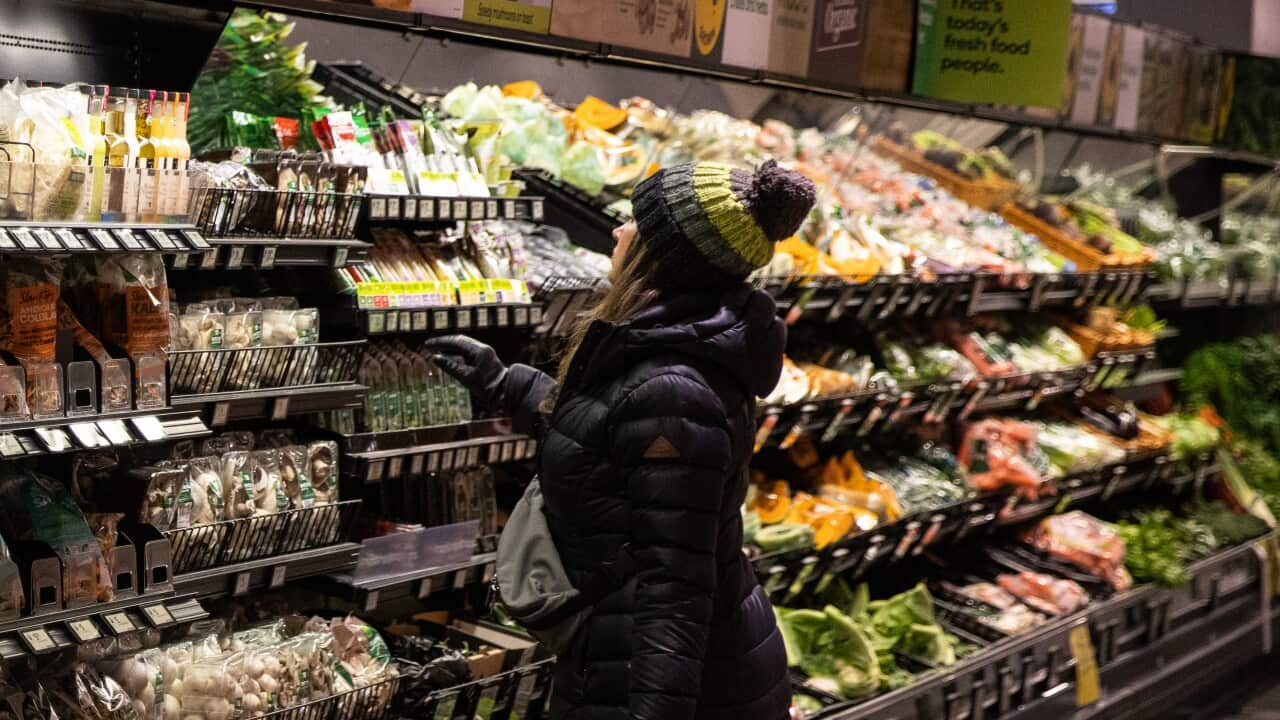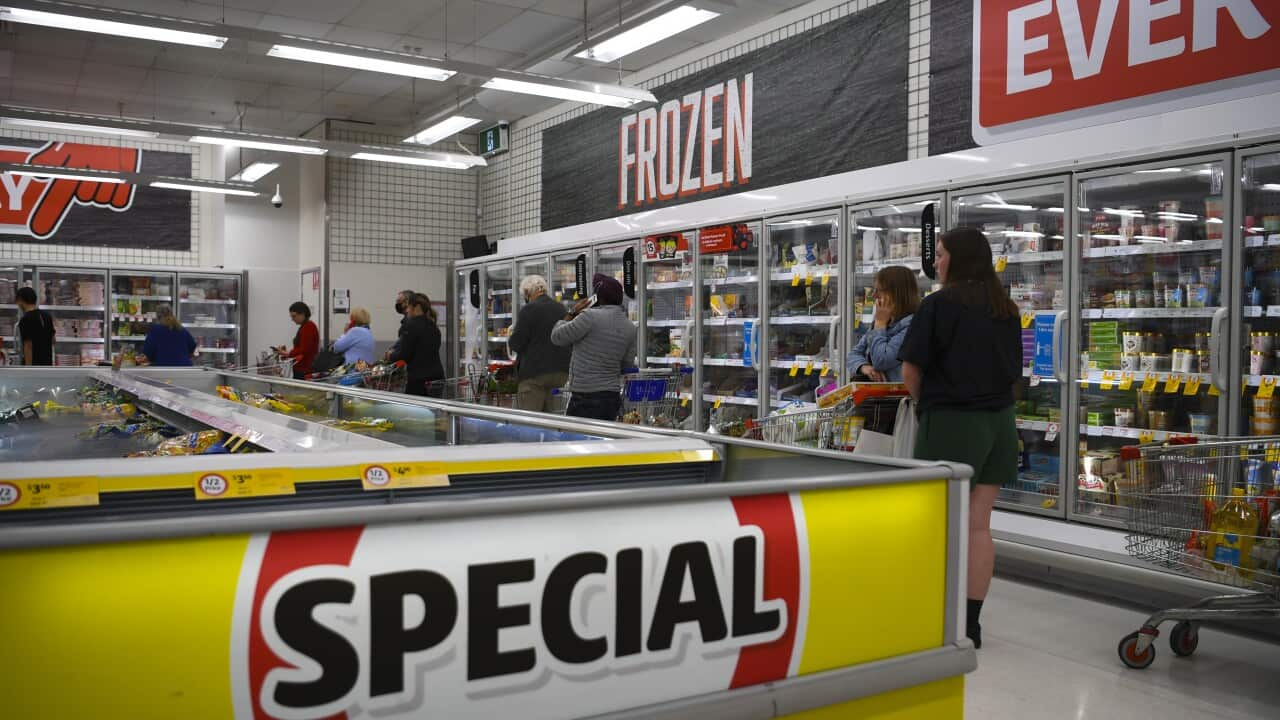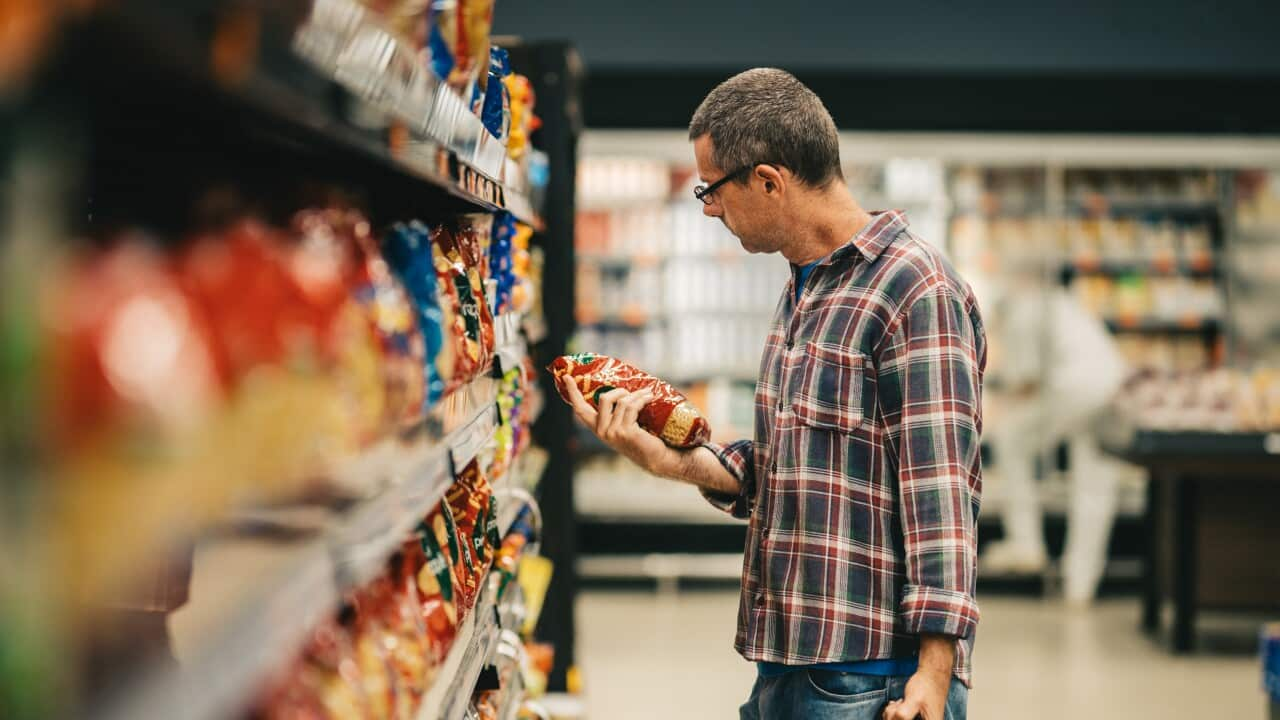The Senate inquiry into supermarket prices has handed down its final report, calling for the sector to be overhauled and a competition policy to be introduced.
The committee examined over 150 submissions, as well as evidence given by dozens of witnesses at six days of public hearings across Australia.
The inquiry's chair, Greens senator Nick McKim, said they heard "devastating" accounts of the effects of price gouging.
The report made 14 recommendations, which McKim described as "concrete steps" that would address the problems facing the sector "head on".
"This is a landmark report with serious proposals to tackle the price of food, and the profiteering that has done so much harm to the people of Australia," he said in a statement on Tuesday.
What did the inquiry recommend?
One of the Greens-led inquiry's key recommendations was for price gouging be made illegal.
"This would mean that corporations couldn't just arbitrarily increase prices without facing consequences from the courts," McKim said in a statement.
"This would be a significant new power to stop unreasonable pricing that has been rampant for years because of a lack of competition."
The report also called for divestiture laws to break up the supermarket duopoly of Coles and Woolworths, should supermarkets carry out "unconscionable conduct".
"Without the ability to break up the duopoly, our market will remain skewed towards the interests of a few powerful players and nothing will change," McKim said.

Tasmanian Greens senator Nick McKim chaired the Senate committee's inquiry into supermarket prices. Source: AAP / Mick Tsikas
The inquiry also called for the government to set up a prices and competition commission to examine the price setting practices of supermarkets as well as other industries.
Discounts across supermarkets should also be standardised, along with the promotional terms used .
It also recommended the voluntary Food and Grocery Code of Conduct, which governs the relationship between supermarkets and suppliers, be made mandatory, with significant penalties for breaches.
has also pushed for a mandatory code.
The Senate committee called for the code to be made mandatory by 30 September, with it also taking in codes of conduct for the dairy and horticulture industry.
Both Coles and Woolworths have previously said they would support the Food and Grocery Code becoming mandatory.
Other recommendations were aimed at tackling food waste, shrinkflation, and land banking — the practice where supermarkets purchase land with no intention of developing it in a bid to stop competitors using the site — as well as improving health and safety standards for supermarket employees.
How have major supermarkets and the government reacted?
A Woolworths Group spokesperson told SBS News in a statement that the supermarket giant would "take the time to review the report".
"We will continue to engage constructively with the other inquiries and reviews underway," they added.
"In the meantime, grocery inflation is coming down in our supermarkets and we continue to work hard to help customers find the best possible value, while also taking care of our team and doing the right thing with our suppliers."
Coles said it "noted" the Senate inquiry's recommendations.
"To the extent that the recommendations are likely to adversely impact the operation of open and free competitive markets in the provision of food and grocery in Australia, we would not support the recommendations," it said in a statement.
Coles added that it was continuing to assist the Australian Competition and Consumer Commission's supermarkets inquiry, as well as .
"We remain focused working positively with our suppliers and providing great value to our customers."
Earlier on Tuesday, Prime Minister Anthony Albanese said increased political pressure on supermarkets had led to price reductions.
However, he said the government would consider the findings of the report.
The government has three months to provide its response to the inquiry.
Additional reporting by Australian Associated Press












